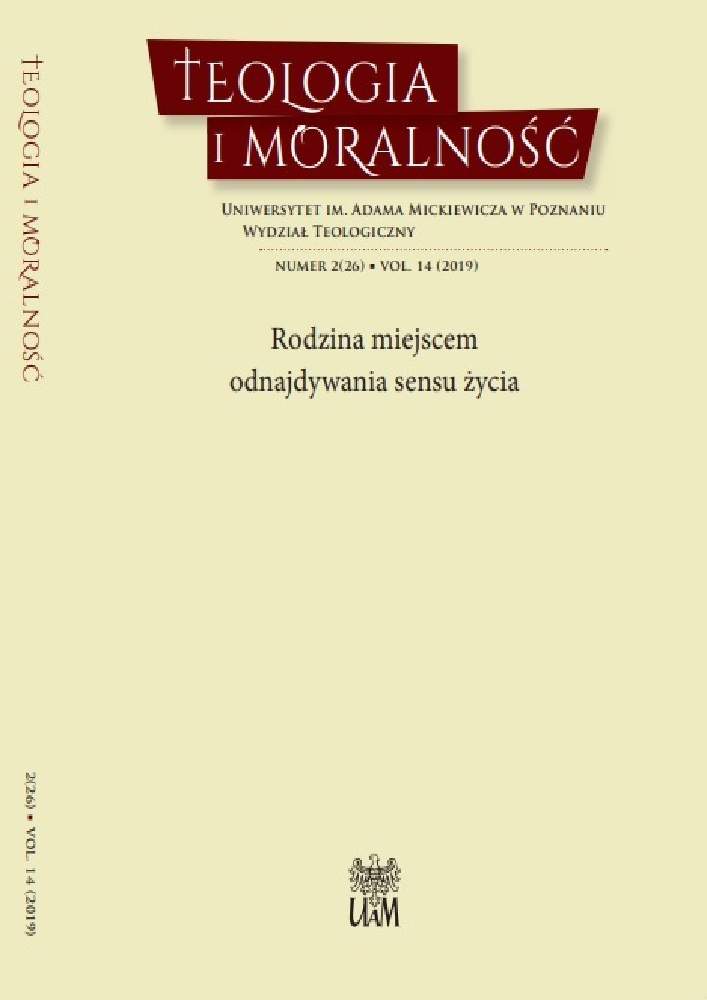Abstrakt
The article presents the issue of moral luck and some of its consequences for the philosophy of law, social justice, political responsibility and some religious concepts. Recognition of the role of moral luck undermines the use of the concept of moral responsibility, guilt and merit. The consequences of recognizing that this challenge is justifi ed, reach those areas. They postulate, for example, the need to compensate social or property inequalities, insofar as they depend on the luck. Similarly, in the Christian concept of salvation as dependent off the will of God and man, there is the problem of the impact of luck. Release from moral responsibility for actions under the infl uence of luck, also puts into question the responsibility of politicians, whose decisions are often made in the absence of certainty.
Bibliografia
Augustyn Aureliusz (1953), O wolnej woli, w: Augustyn Aureliusz, Dialogi fi lozofi czne, tłum. A. Trombała, t. 3, Warszawa.
Kant I., Uzasadnienie metafi zyki moralności, tłum. M. Wartenberg, Warszawa 1984.
Enoch D. (2010), Moral Luck and the Law, „Philosophical Compass” 5 (1) 2010, s. 42-45.
Hart H.L.A. (1968), Punishment and Responsibility: Essays in the Philosophy of Law, Oxford.
Juzaszek M. (2014), Między trafem moralnym [moral luck] a trafem prawnym [legal luck], „Diametros” 41, s. 56-76.
Krause R.S. (2008), Political Agency And The Actual, w: Reading Bernard Williams, red. D. Callcut, New York, s. 262-286.
Kutz Ch. (2008), Againts Political Luck, w: Reading Bernard Williams, red. D. Callcut, New York, s. 242-261.
Nagel T. (1976), Moral luck, “Proceedings of Aristotelian Society”, t. 50, s. 115-135.
Nagel T. (1997a), Traf w życiu moralnym, w: T. Nagel, Pytania ostateczne, tłum. A. Romaniuk, Warszawa, s. 37-53.
Nagel T. (1997b), Jak to jest być nietoperzem?, w: T. Nagel, Pytania ostateczne, tłum. A. Romaniuk, Warszawa, s. 203-219.
Nelkin D.K. (2013), Moral Luck, “The Stanford Encyclopedia of Philosophy”, Winter Edition, red. E.N. Zalta, http://plato.stanford.edu/archives/win2013/entries/moral-luck/ [dostęp: 23.02.2016].
Nussbaum C.M. (1993), Luck and Ethics, w: Moral Luck, red. D. Statman, New York, s. 73-108.
Platon (1997), Prawa, tłum. M. Maykowska, Warszawa.
Rawls J. (1994), Teoria sprawiedliwości, tłum. M. Panufnik, J. Pasek, A. Romaniuk, Warszawa.
Rescher N. (1993), Moral Luck, w: Moral Luck, red. D. Statman, New York, s. 141-166.
Richards N. (1993), Luck and Desert, w: Moral Luck, red. D. Statman, New York, s. 167-180.
Ripstein A. (2008), Closing the Gap, „Theoretical Inquiries in Law” 9 (1), s. 61-95.
Schlesinger G. (1988), New Perspectives on Old-Time Religion, Oxford.
Schoeck H. (1996), Envy, New York.
Strzyżyński P. (2012), Problem trafu moralnego i winy według Thomasa Nagela i Norvina Richardsa. Próba uzupełnienia krytyki Richardsa, „Filozofi a Chrześcijańska” t. 9, s. 71-89.
Statman D. red. (1993), Moral Luck, New York.
Thomson J.J. (1993), Morality and bad luck, w: Moral Luck, red. D. Statman, New York, s. 195-215.
Williams B. (1976), Moral luck, “Proceedings of Aristotelian Society”, t. 50, s. 137-151.
Williams B. (1999), Traf moralny, w: B. Williams, Ile wolności powinna mieć wolna wola?, tłum.
T. Baszniak, T. Duliński, M. Szczubiałka, Warszawa, s. 215-238.
Zagzebski L. (2012), Traf religijny, tłum. J.K. Teske, „Roczniki Filozofi czne”, t. 60, nr 2, s. 141-161.
Zalta E.N. red. (2013), The Stanford Encyclopedia of Philosophy, Winter Edition, http://plato.stanford.edu/archives/win2013/entries/moral-luck/ [dostęp: 23.02.2016].
Zimmerman M.J. (1993), Luck and Moral Responsibility, w: Moral Luck, red. D. Statman, New York, s. 217-233.
Licencja

Utwór dostępny jest na licencji Creative Commons Uznanie autorstwa – Bez utworów zależnych 4.0 Międzynarodowe.

